I bought oculus quest 2 recently and using unity, i am trying to make games with it, but when i downloaded Oculus Integration, and walked through Getting started,
- i downloaded the package
- downloaded oculus developer hub (and created developer account)
- paired the device and opened one of sample scenes
there was no problem, headset was working perfectly and i can interact with objects using controllers/hands,
until i try to test the game second time...
When i tried to play the game without changing anything second time, got this window
waited for few minutes then opened task manager just to see this
then i restarted the game, everything is fine... at the second play, all stuck at Application.Reload.
Made some testing with different setups :
- Opened completely new scene twice (No problem)
- Added the new scene an empty GameObject and added "OVR Camera Rig" and "OVR Manager" (Problem Occurs)
- Reloaded same scene at the run time (Scene reloads without problem, but Problem Occurs)
- Removed OVR Camera (Problem Occurs)
- Removed OVR Manager Added OVR Camera back (No problem)
- Played Scene with OVR Manager script First, then opened a completeley new scene (Problem Occurs)
I am using Unity 2020.3.12f1 Downloaded Oculus Integration 39.0
I'm out of ideas...
Edit : I found a workaround, for some reason OVR Manager Script causing this behaviour so i tried creating it on play mode and it worked!
So write a script that creates OVR Manager on start, but for some reason problem came back. Even though i created OVR Manager on play time (with addcomponent on start specifically) still editor stucks on starting the game.
However my workaround is creating OVR Manager after 1 sec of game start... I know its a petty solution but i can't lose more time...
Feel free to Respond to this question maybe in future someone faces the same problem.

